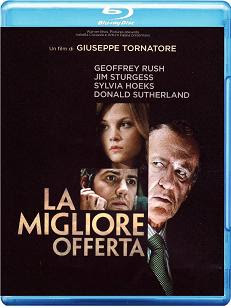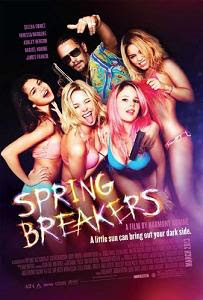
Alfred Hitchcock's Vertigo tops a few quite reputable lists pretending to consist of the greatest films of all time, e.g., the Sight & Sound list compiled every decade since 1952 by the magazine of the British Film Institute and based on votes of international film critics. The topping position makes writing about such a movie a bit difficult yet it deserves a try. Whether Vertigo is the best film of all time or not and why is beyond the scope of this article but here are some thoughts that might help a potential spectator to decide on seeing it or not.
In Vertigo James Stewart is recently retired San Francisco detective John 'Scottie' Ferguson who is afraid of high places. He is hired by an old acquaintance of his, Gavin Elster (Tom Helmore), to investigate the mysterious activities of Gavin's wife Madeleine (Kim Novak). She is dangerously obsessed by one of her dead ancestors and in the process of his investigation Scottie also becomes greatly obsessed ... with Madeleine and her beauty.
To an extent, Vertigo suffers from some of other Hitchcock's movies flaws although they are not so evident or annoying here. There are a few inconsistencies throughout the script, an improbability here and there, some sequences that seem hurried over and a resolution looking way too easy at the end. Then again these are all quite subtle here and readily excusable compared to Hitch's other films. And because of this we are not going to hunt for Vertigo's shortcomings. Instead, we will focus on pointing out why this movie is among Hitchcock's best without trying to judge whether it's the greatest of all time.
So, in addition to the statement that Vertigo is one of Hitchcock's least flawed movies, which is a merit on its own, there are other explicit virtues that deserve to be mentioned. The acting of the leads is quite strong and notable. James Stewart is great as in most of his roles although this is not his typical one. Kim Novak is simultaneously mysterious, fragile, dangerous and tragic. Barbara Bel Geddes in the part of Scottie's friend Midge Wood is charming and caring beyond hope. All of these performances are full of tension and easily memorable.
A strong mystery envelops most of the movie and a twist or two add to the solid suspense in Vertigo. The twists are not forced and the mystery is captivating. The score is apt and it blends with the movie very well. The cinematography and the use of colors are gorgeous. The story is interesting (although a bit absurd) and the problems exposed in the movie are quite timeless. Some consider Vertigo to be Hitchcock's most personal and intimate film. There is certainly a lot of depth here and the delicate subjects of love and existence are handled with mastery and empathy. A dream-like sensation surrounds the shots and makes the narrative even more haunting in harmony with the various obsession themes intertwined into the movie.
This is a film quite different than North by Northwest (one of Alfred Hitchcock's other classics) and not as easily accessible as it but similarly to the latter it could be chosen as a great starting point for exploration of the director's cinematic legacy. Vertigo is tragic but beautiful. It leaves you with haunting thoughts and memories so you are not going to regret seeing it if you manage to avoid setting your expectations way too high.






